News
News articles and useful publications about travel vaccinations, sexual health & healthcare.

Water Hygiene While Travelling: What You Need to Know
Get the facts straight: Common myths about water hygiene while travelling debunked here.
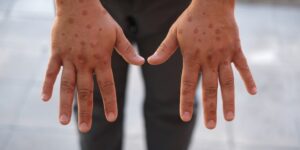
Mpox- How dangerous is it?
With the recent WHO announcement regarding the outbreak of Mpox in Africa there has been a concern of its transmission to other countries.
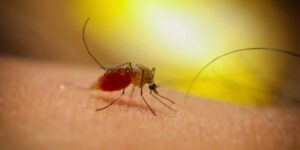
Pregnancy and Malaria
A malaria infection can cause complications during the pregnancy to mother and the baby.
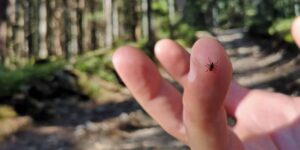
Tick Borne disease in the UK
With the change in climate conditions and increasing global warming, TBE is now found in the forested areas of the UK.

Altitude Sickness
When embarking on a trip to high altitudes, it's important to consider Acute Mountain Sickness (AMS) and how to avoid it

Cruising Around the World
When embarking on a cruise holiday, it's important to consider travel health to ensure a safe and enjoyable experience.

Travellers Diarrhoea
Travellers Diarrhoea (TD) is an exhausting condition that arises commonly form a parasitic infection. The most common sources of infection are from eating contaminated food or drinking unfit water.

Whooping Cough Vaccination for Travellers
If you are travelling abroad to visit an new addition to your family, consider whooping cough (pertussis)
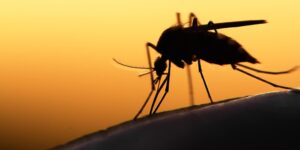
West Nile Virus
The levels of the mosquito borne infection increase, West Nile Virus is well recognised and on the rise
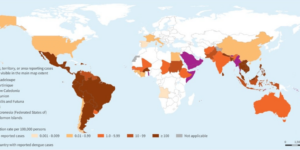
Dengue in South America
When considering a cruise or land-based activity in South America this autumn the high risk of Dengue Fever needs to be considered

Brazil Launches Nationwide Dengue Fever Vaccination Campaign Amidst Soaring Cases
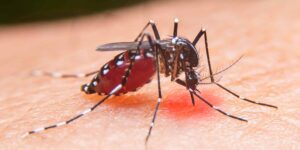
The Ripple Effect of Climate Change on Mosquito-Borne Diseases

Cricket World Cup 2023
If you are planning a trip to watch the Cricket World Cup in India later this year - read on for our travel health advice

Tick-borne Encephalitis (TBE)

CityDoc Medical begins new business partnership with PharmaPlus
